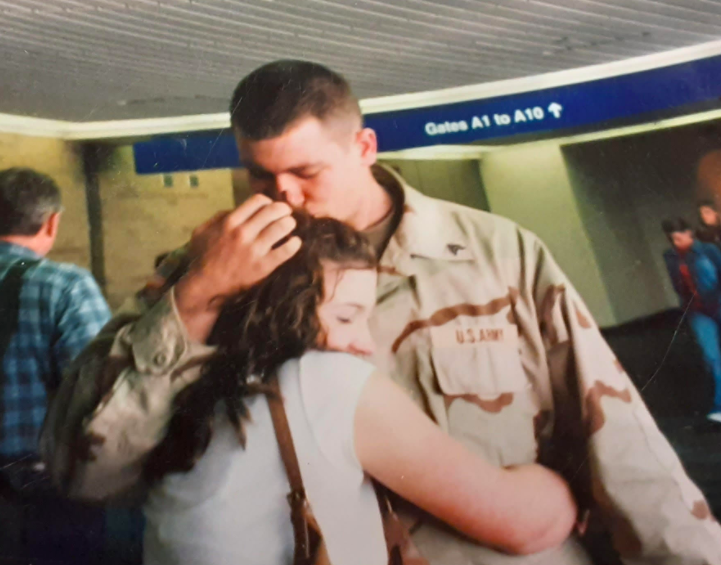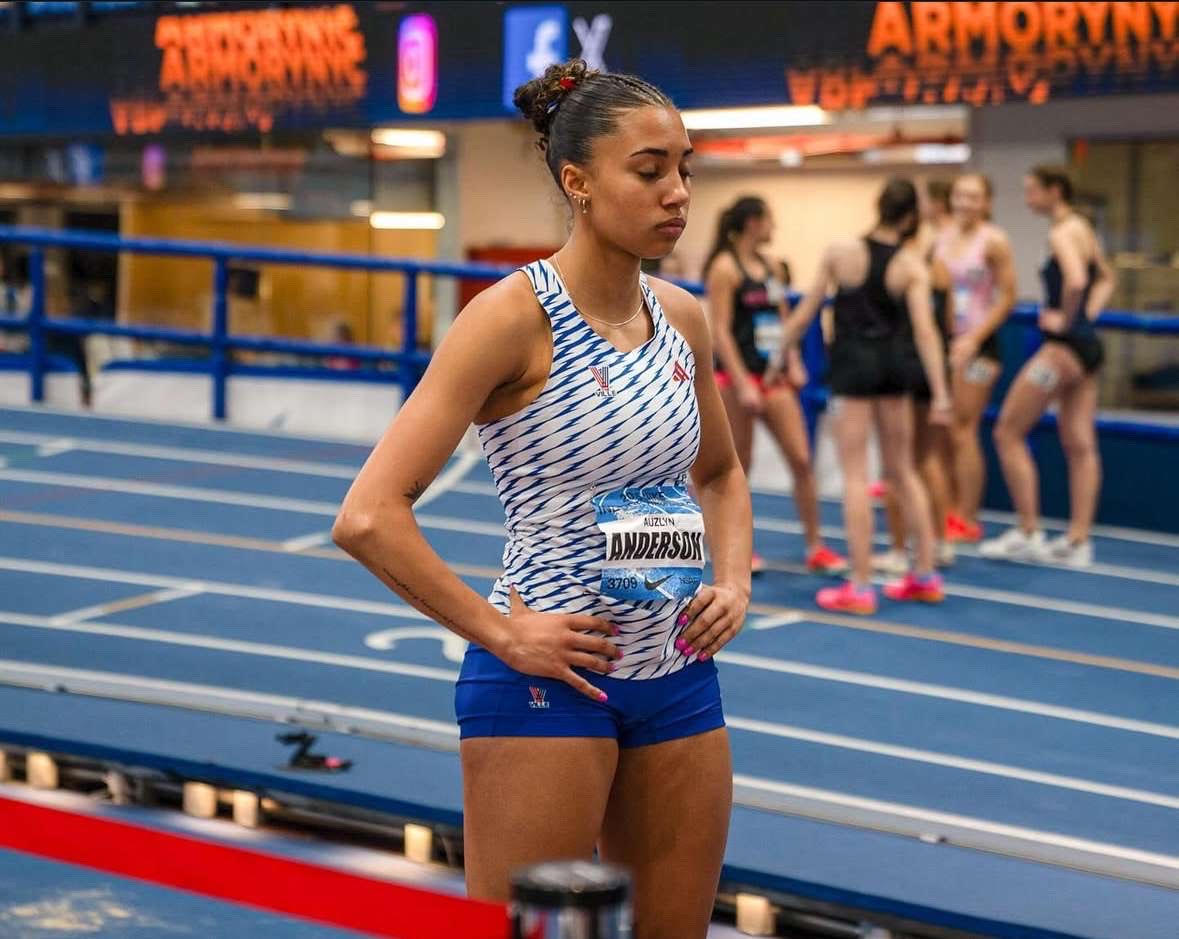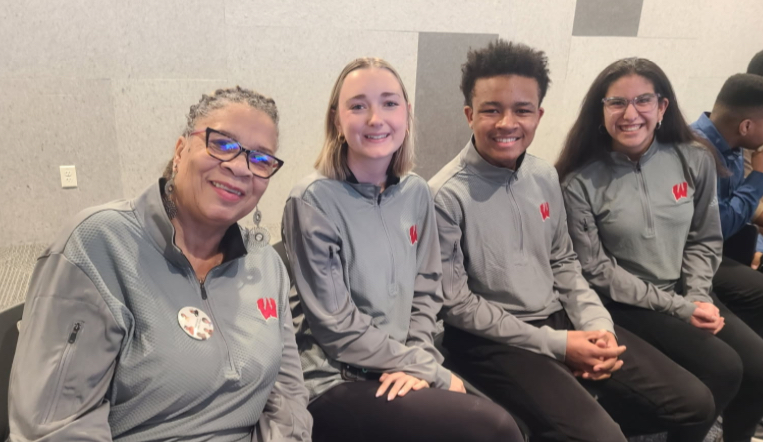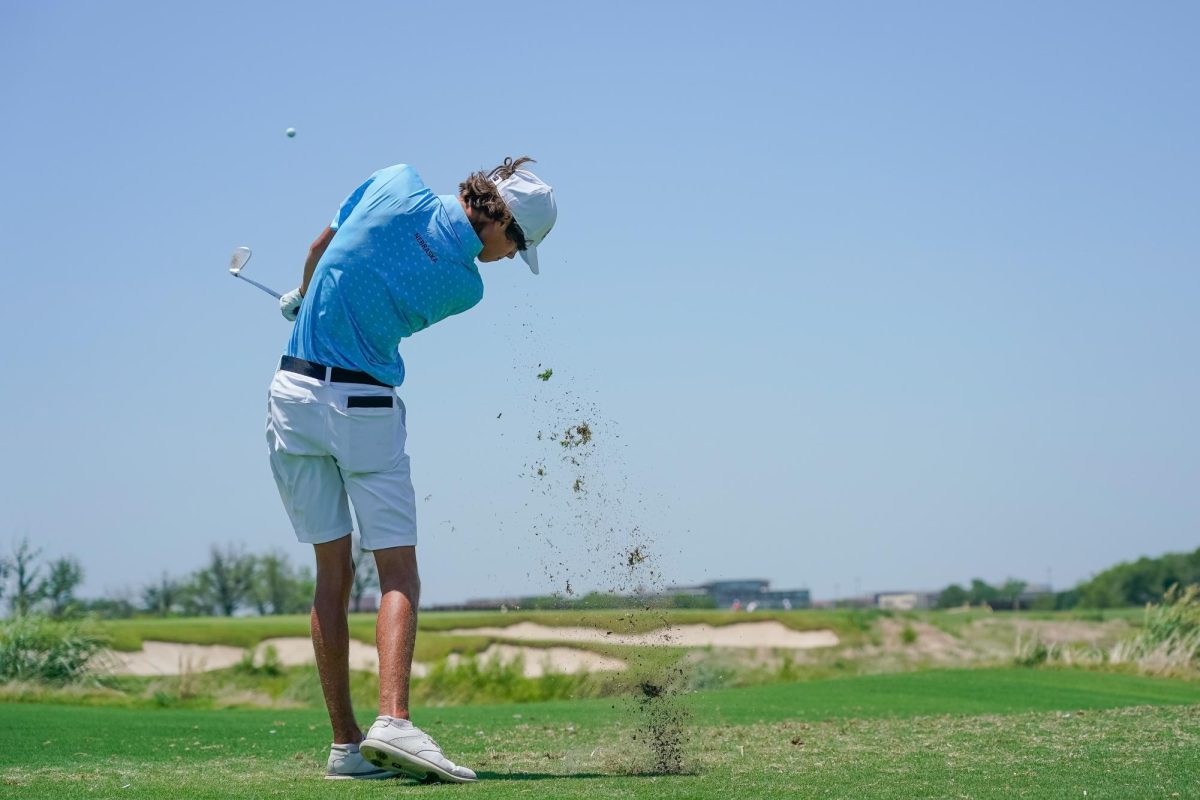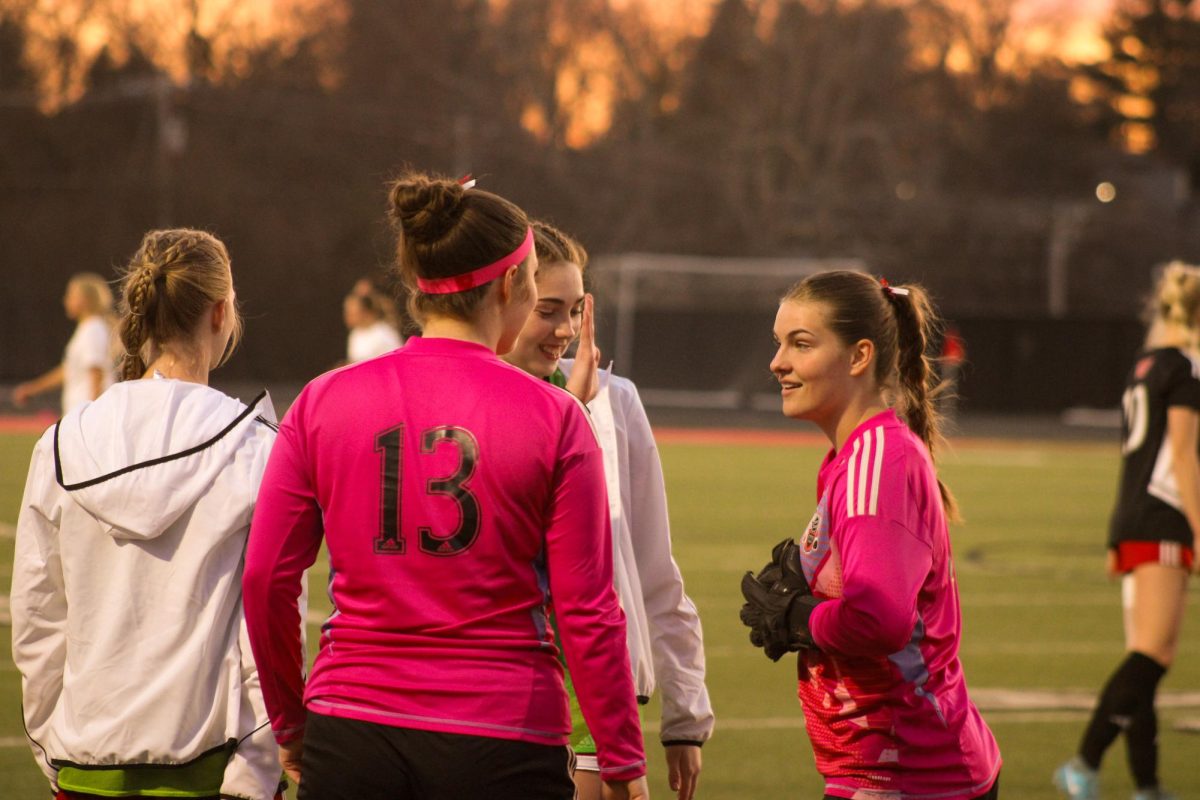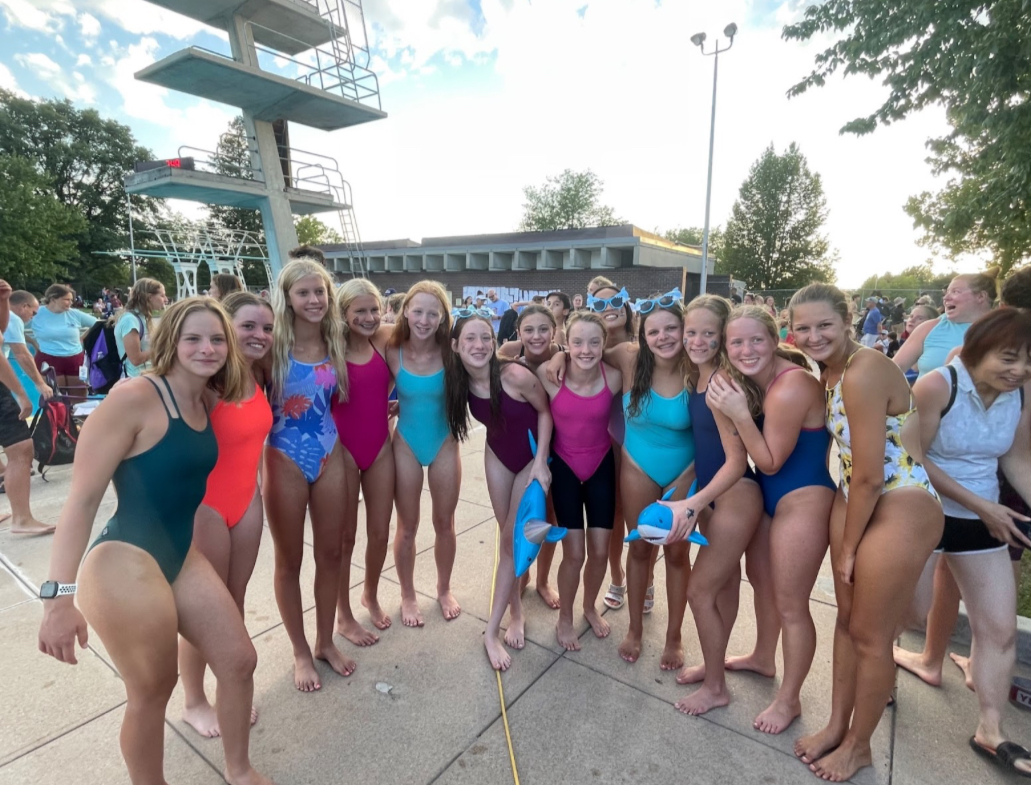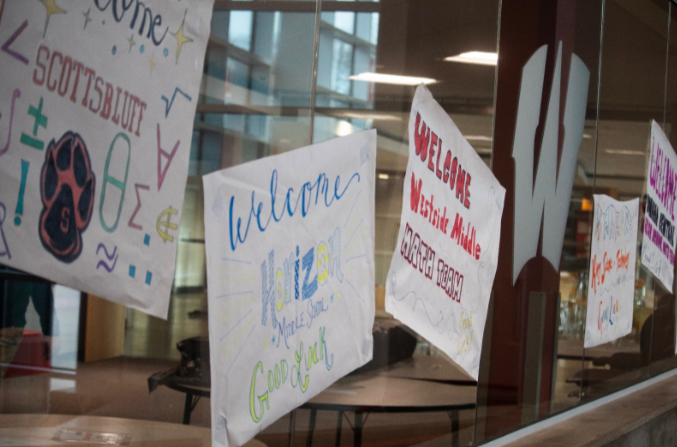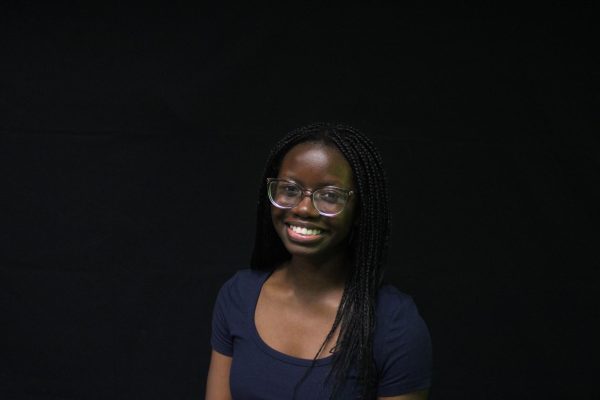After serving his country in the U.S. Army Reserves, Social Studies Instructor Nathan Bramley now serves students in the classroom.
Bramley was already on the path to becoming a teacher in 2005 when his term of service started, but took a break from school to join the Reserves.
“I knew I wanted to be a teacher since I was a sophomore in high school,” Bramley said. “I was about halfway through my training to be a teacher when I went to Iraq. I’d done two years of college and had two years to go.”
As a teenager, Bramley realized he wanted to become a teacher, but was also deeply impacted by the 9/11 attacks which occurred when he was 16 years old.
“I had this overwhelming… It was like a sense of guilt,” Bramley said. “It was very frustrating that you couldn’t do anything. I was frustrated [that] something so bad had happened and there was absolutely nothing I could do. And so in my mind, I started looking into the military as a direct response to that.”
Regardless of the emotional connection Bramley’s service carried, he chose to serve only one term during the war in Iraq.
“I have never at any point thought of [the military] as a career,” Bramley said. “I never thought about re-enlisting. I was just going to do one term of service and then be done.”
In Iraq, Bramley was trained as a fuel specialist, and was also trained to drive trucks over rough Iraqi terrain.
“I knew the difference between all the different kinds of jet fuels and diesel fuels, but that was mostly done by civilians in Iraq,” Bramley said. “So what we trained to do in Iraq was truck driving. I drove petroleum trucks and flatbed trucks.”
Throughout his term of service, Bramley was able to see firsthand the mingling of different cultural groups.
“I learned a lot about Middle East culture while I was there, which I’m thankful for,” Bramley said. “A lot of cultural things about food, concepts of time and friendship and these sorts of things. I learned a lot about the ethnic and religious conflicts in the region. I was instructing the Iraqi army… We had Sunni Arabs, Shia Arabs, Kurdish Muslims, Kurdish Christians and Kurdish Yazidis… And there were a lot of conflicts between them.”
Bramley also had the opportunity to put his teaching skills into practice.
“I actually started doing Iraqi training while I was there,” Bramley said. “I was teaching Iraqi Army combat maneuvers and stuff like that… so I was a teacher. It was some of the first hands-on teaching I had for sure.”
As a military instructor, Bramley was able to gain leadership and teamwork skills that he incorporates into his current job.
“I was in charge of a squad or a number of soldiers, I think that helped me in working with other teachers… More than the aspect of working with kids,” Bramley said. “Sometimes I’ll think about what it was like being in the military [when] working with fellow teachers. I think the military taught me a lot about leadership, that’s probably the thing I took the most from.”
Though he already had a love for history, Bramley’s time in Iraq strengthened his understanding of how critical it is to be aware of the past.
“My passion for history has always been there,” Bramley said. “I think going to Iraq even instilled that more in me… that history was so important. Understanding what has happened in the past [will] inform you on your actions kind of in the present, so how can you be more empathetic of what’s going on, more understanding of what’s going on. [My trip] was just more cementing the idea that history was so important to understand.”
Bramley hopes to extend this value to his students, and said that his experiences in Iraq enrich the teaching environment.
“When I’m directly teaching about [the Iraq War], I think the students even before I tell them- some know [about my service], some don’t- they almost have this sixth sense, they can tell that it means something more to [me], you know, they pick up on it, and I think the kids really feed off of that,” Bramley said. “Whenever I’m doing the 9/11 lecture… I’m never 100% sure why, but I look out and it’s always so silent. People are listening and I don’t know if it’s my passion and that they know… I’m not sure.”
Bramley’s personal experiences have also helped him gain insight on other significant historical events that he covers in the AP U.S. History curriculum.
“When I teach about how some of the [Vietnam veterans] were ignored or treated badly, I can kind of give the kids some context of how different that is today compared to the way it was in the 60s and 70s,” Bramley said. “[My service] gives me some insight into it because you know, I came back from a war that was not very popular ever…. It certainly wasn’t popular when I came back. But I can say almost no one ever treated me badly because of that.”
Through his experiences in the military and in the classroom, Bramley has found joy in the liberties he is allowed to take as a teacher.
“It’s obviously interesting because they’re both government jobs, [but they’re] much different,” Bramley said. “One federal and one state and one is much more regimented than the other. I appreciate here the ability to voice your concerns and your opinions about things. That wasn’t the case in the military. You just did what you were told then that was it, so that’s the nice part about being here.”
Among the critical lessons he learned during his time in the Reserves, ‘selfless service’ is a core value that has stayed with Bramley.
“You’re trying to do what’s best for the community, you’re trying to do what’s best for your country, and here, you’re trying to do as best for the kids in the school.”



